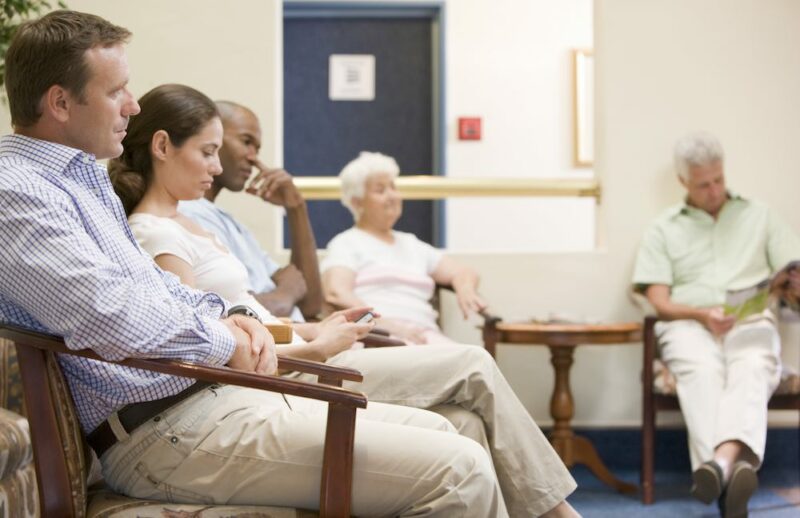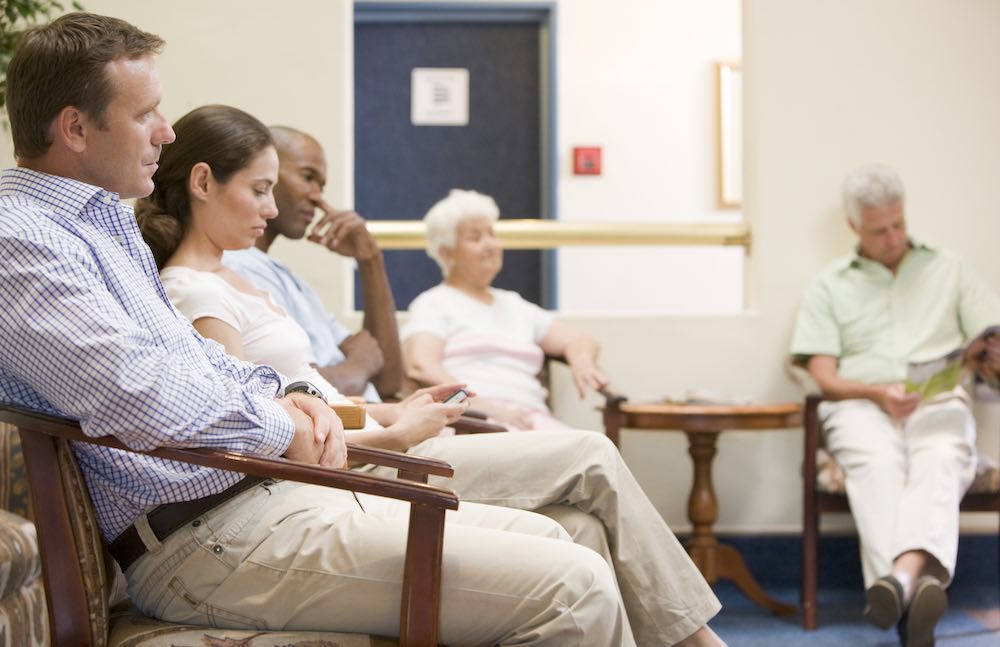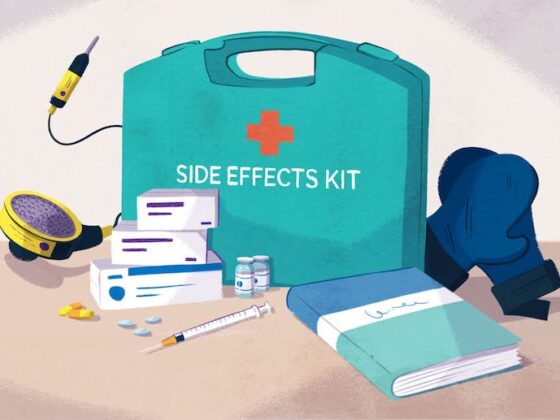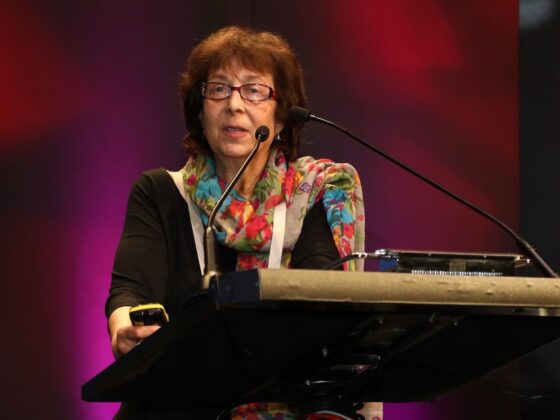The interruption of cancer clinical trials across Latin America due to the COVID-19 pandemic is threatening the treatment of thousands of patients in the public health system. A JCO Global Oncology study, conducted by the Latin American Cooperative Oncology Group (LACOG), showed temporary and complete interruptions of clinical cancer trials in 90 research sites across the region.
Although clinical trials have also been suspended in other parts of the world, including Europe, the Latin American medical community is becoming increasingly concerned. “The clinical trials represent sometimes the only opportunity that these patients have to access immunotherapy or targeted therapy,” said Aline Lara from Hospital Sírio-Libanês, São Paulo, the main author of the study.
Of the 90 participating centres, 45.6% reported COVID-related treatment delays that caused protocol deviations; 51.1% had cancellations and postponements of medical visits; 53.3% reported a decrease in patient attendance; and 36% experienced a loss of research staff during the pandemic.
Overall, 80% of the sites had temporary interruption to clinical trial accrual, usually because of a decision by a sponsor to only accept extremely good candidates for trials. According to the authors of the paper, such decisions were based on guidelines from the US Food and Drug Administration and European regulators that didn’t fit the reality of Latin American cancer treatment.
In light of this, 96.7% of the participating centres implemented other measures for trial participants and candidates during the COVID-19 pandemic, such as telemedicine, authorisation of special consent procedures, remote monitoring, remote site initiation visits and shipment of oral drugs directly to patients’ home. However, telemedicine practices are not well-suited to some patients who live in rural areas with no access to technology or internet. “The lesson for me is that it’s possible to maintain some important trials open if you think about strategy to minimise risk for those participants,” said Diogo Bastos from the Instituto do Câncer do Estado de São Paulo and one of the study authors.
Bastos thinks the responses to the survey demonstrate that experiences in Latin America are often different than reported in the USA and Europe. “I think we, as a region, should try to work together more often, try to conduct important studies, to assess our reality, which may be different, sometimes significantly different, than the one in Europe or North America,” he says.
“I think we should do it more often, and should do it together, because sometimes we only rely on data produced by other regions of the world that may not be applicable to our reality.”
The authors indicated that the consequences of clinical trial interruptions will continue to be seen in Latin America for a good while yet. There may also be opportunities for improvement in treatment access, policies, and enrolment protocols if research centres take this setback as an opening for change. “I think it’s not over yet,” Aline Lara said.












